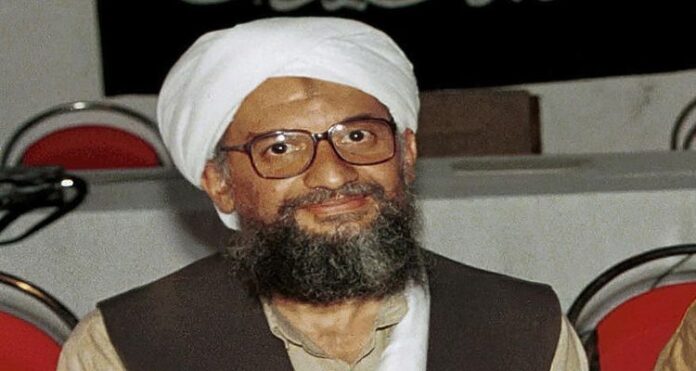| Translate This News In |
|---|
After serving for years as Al Qaeda’s primary organiser and strategist, Ayman al-Zawahiri succeeded Osama bin Laden as its leader. However, due to his lack of charisma and competition from the Islamic State, another militant group, he was unable to inspire significant attacks against the West. On live television on Monday night, U.S. President Joe Biden announced that Zawahiri, 71, had been killed by a drone strike. According to American officials, the assault happened on Sunday in Kabul, the Afghan capital. U.S. airstrikes killed a string of Zawahiri’s lieutenants in the years after the 2011 death of Osama bin Laden, reducing the veteran Egyptian militant’s capacity for international coordination.
The 2011 Arab uprisings, which were primarily started by middle-class activists and free thinkers opposed to decades of autocracy, effectively sidelined al Qaeda, as he had watched.
Despite having a reputation for being rigid and combative, Zawahiri was able to cultivate loosely connected groups that eventually grew to wage catastrophic insurgencies, some of which had their roots in unrest brought on by the Arab Spring. The violence caused the destabilisation of several nations in Asia, Africa, and the Middle East.
But al Qaeda’s days as the hierarchically organised, centrally controlled network of terrorists responsible for the attacks on the United States on September 11, 2001, were over. Instead, as a result of a combination of local grievances and incitement by multinational jihadi networks using social media, militancy has returned to its roots in localised conflicts.
Zawahiri’s involvement with Islamist militancy dates back many years.
When he was imprisoned in a courtroom cage following the assassination of Egyptian President Anwar al-Sadat in 1981, he became known to the world for the first time.
While other defendants yelled slogans indignant at Sadat’s peace agreement with Israel, Zawahiri, dressed in a white robe, yelled, “We have sacrificed and we are still prepared for more sacrifices until the victory of Islam.”
Zawahiri was sentenced to three years in prison for illegally possessing weapons but was cleared of the more serious charges.
A trained surgeon, Zawahiri went to Pakistan after his release and joined the Red Crescent to treat Islamist mujahideen guerrillas injured while battling Soviet forces in Afghanistan. One of his aliases was The Doctor.
He met bin Laden, an affluent Saudi who had joined the Afghan resistance, during that time.
Zawahiri, who assumed control of Islamic Jihad in Egypt in 1993, played a key role in the movement to topple the government and establish a strict Islamic state in the middle of the 1990s. There were 1,200 or more Egyptian deaths.


















